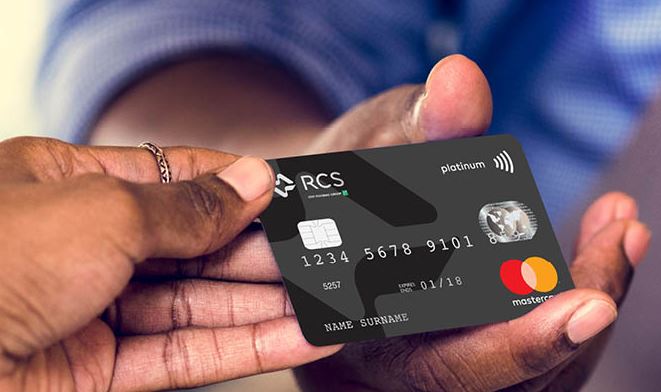Understanding the reason you want to spend less will help you stay motivated. Are you aiming to save $500 next month? Or perhaps you want to avoid using your credit card? Define your goal clearly.
Break It Down
Instead of saying “I need to save money,” set specific targets like “I will spend no more than $200 on groceries” or “I will eat out only once a week.”
Make a Realistic Budget
Prioritize Essentials
First, cover your non-negotiable expenses like rent, utilities, groceries, transportation, and insurance. Make sure you allocate enough for these necessities before anything else.
Limit Non-Essential Spending
After essentials, set strict limits for discretionary spending like entertainment, dining out, and shopping. Stick to cash or debit cards to avoid overspending.
Smart Strategies to Spend Less
Meal Planning
Cooking at home can save you a significant amount of money. Plan your meals for the week, make a grocery list, and avoid impulse buys at the store.
Cancel or Pause Subscriptions
Streaming services, magazines, gym memberships — review your subscriptions and cancel anything you’re not actively using.
Find Free Entertainment
Instead of costly nights out, look for free or low-cost activities like community events, hikes, museum free days, or movie nights at home.
Avoid Temptation
Stay away from online stores, unsubscribe from promotional emails, and unfollow social media accounts that encourage unnecessary spending.
Stay Accountable and Motivated
Use a Spending Tracker
Apps like Mint, YNAB (You Need a Budget), or even a simple spreadsheet can help you stay on top of your spending day by day.
Reward Your Progress
Set mini-rewards (that don’t involve spending money) for meeting your goals — like a relaxing afternoon at the park or a home spa day.
Final Thoughts
Spending less isn’t about depriving yourself; it’s about making intentional choices that align with your bigger financial goals. With careful planning, smart habits, and a clear motivation, you’ll not only survive the next month — you’ll come out stronger and more confident in your ability to manage your money.






